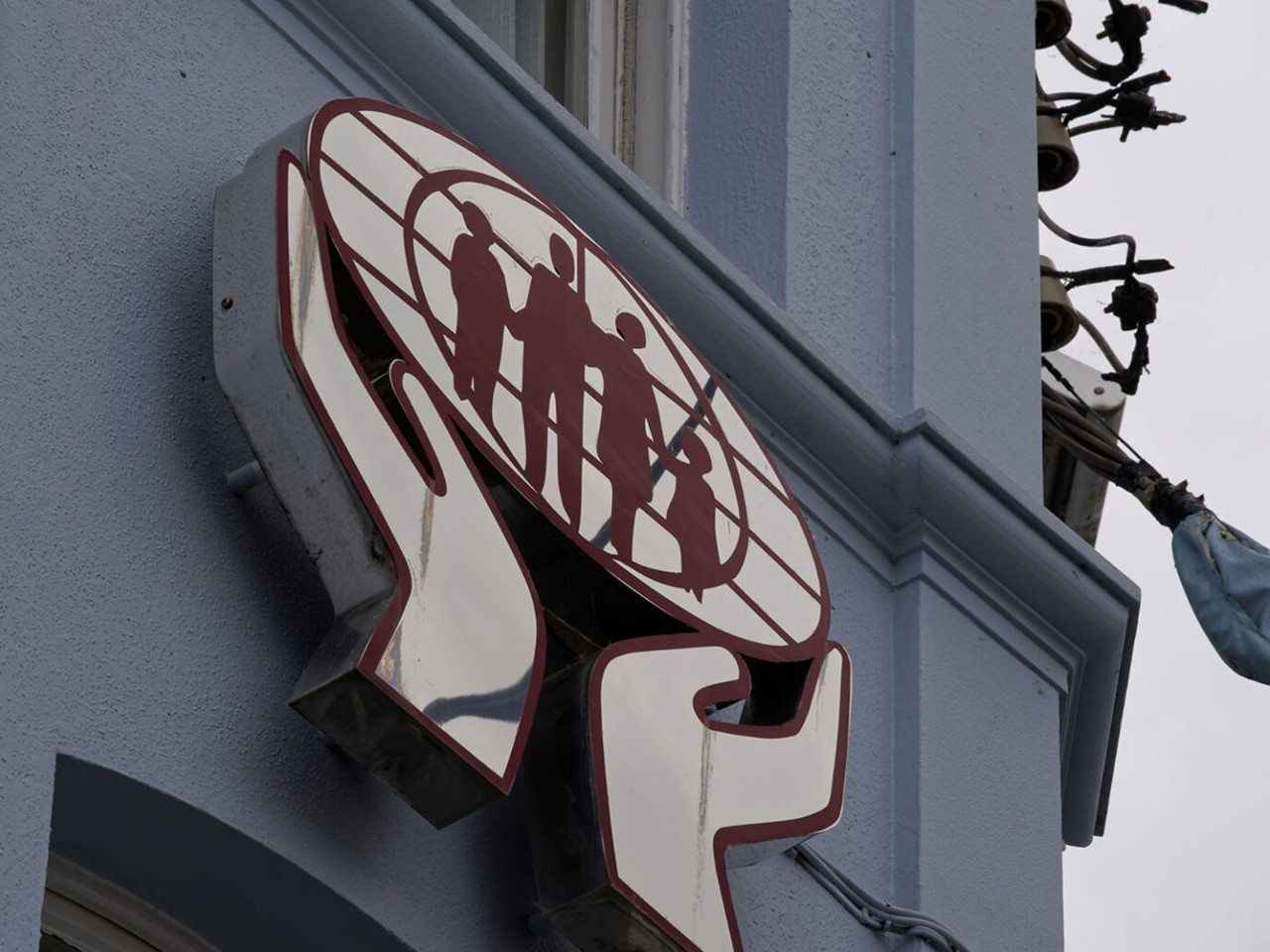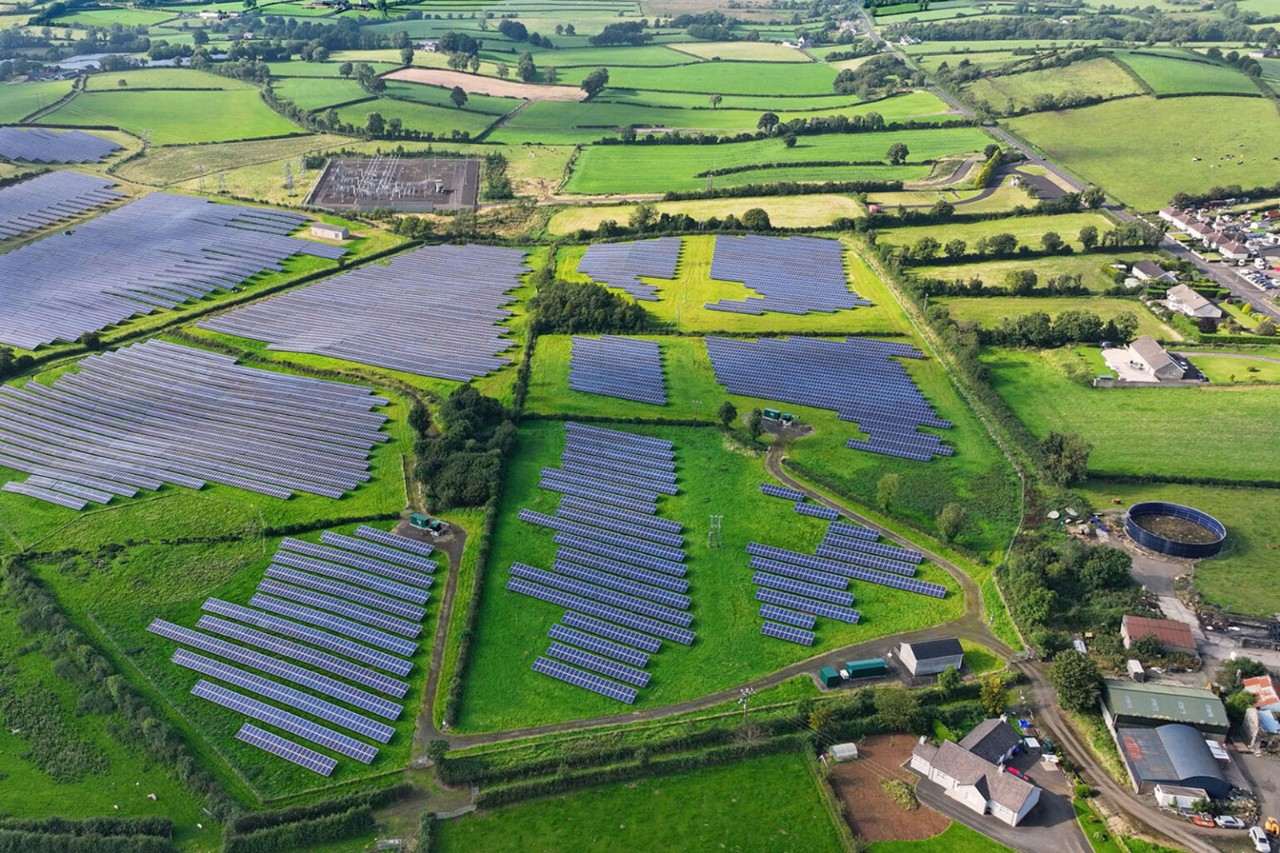
Ireland’s tech community was blindsided in November by the sudden decision to close the National Digital Research Centre (NDRC), a government-backed start-up hub that financed and mentored emerging entrepreneurs, which has been in existence in some form or another for nearly two decades.
The NDRC has been operated since 2020 by an entity called Dogpatch Labs, which is home to numerous successful start-ups. During its time managing the project, Dogpatch says dozens of small companies have gone on to create 650 jobs and raised €180m from investors – all from a small budget of €17m spread over five years. The NDRC may not have the scale of some accelerator programmes, but it has been successful.
The closure appears to have been prompted by a lack of coordination at the government level as to which department should be responsible for its budget and oversight. The move has been met with public criticism from hundreds of entrepreneurs, who see it as a regressive step.
Strategic thinking is needed to build large home-grown tech businesses
What next?
The new programme for government has a commitment to retain the NDRC in some shape or another, likely under the auspices of Enterprise Ireland, the state agency responsible for grants and helping Irish exporters. It is hardly the outcome wanted by many NDRC supporters, who prefer less of the hand of state employees and more input from those who have been at the coalface of building their own business.
Ireland’s tech sector will survive with or without the NDRC. But the decision to scrap it is symptomatic of a wider problem: a lack of strategic thinking about how to build large, sustainable, home-grown tech businesses that can act as a counterweight to foreign direct investment (FDI).
Relying on jobs and taxes from an outsized FDI sector poses dangers
For a nation that prides itself on being Europe’s tech hub, shutting down an accelerator programme sends the wrong message. The establishment of the NDRC in 2006 showed a degree of vision from the government at the time, which was at least attempting to position Ireland as a centre for innovation and entrepreneurship.
A well thought out plan to strengthen the start-up ecosystem should start by consulting those on the front lines, both entrepreneurs and investors, on what is actually needed to build scalable companies. Leveraging the insights of founders who have built, expanded and exited successful start-ups would be a logical first step. What’s most valuable to them?
These questions should have been addressed before any decision was made to wind down the NDRC. And rather than simply reversing the closure, the government should be thinking bigger by committing significantly more resources to start-ups using the ample funds available and identifying and backing companies with real potential for long-term success. There have been endless warnings about the dangers posed by the country’s reliance on jobs and taxes delivered by an outsized FDI sector.
Europe risks never leading in the industries of the future
European challenge
This episode also chimes with a broader challenge facing Europe, namely the urgent need to close the gap with Silicon Valley in cultivating a world-leading tech industry of its own. Ursula von der Leyen, the president of the European Commission, has placed innovation and technological sovereignty at the heart of her agenda, yet Europe still struggles to nurture and scale up its own champions. The NDRC may have been small, but it fulfilled an important role and was valued by those who went through it.
Rather than being an isolated misstep, the NDRC is a cautionary tale about the broader need for Europe to act decisively if it is to avoid permanently lagging behind the US and China in the industries of the future. Not every start-up will become a unicorn, and many will fail. But the more of them you have, the greater the chance of finding the elusive winners the economy needs.



